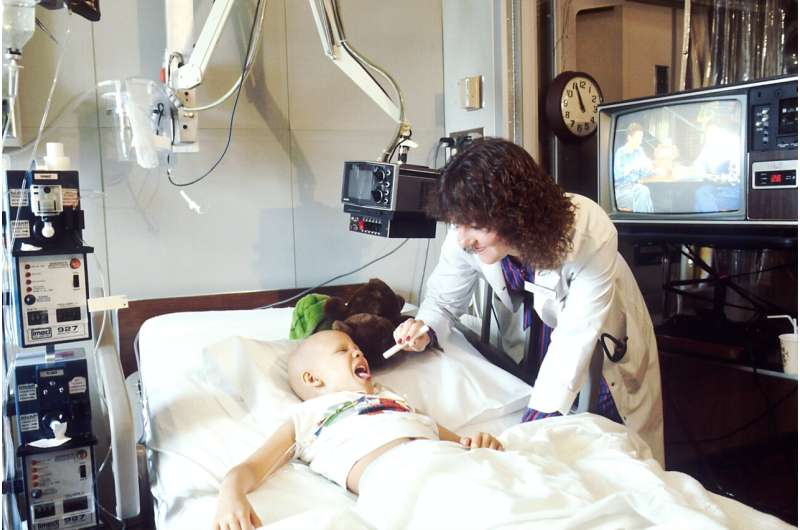Empowering RMD Patients Through Education: The Role of Patient Organizations

Patient organizations play a crucial role in educating and supporting individuals with rheumatic musculoskeletal diseases, offering resources on disease management and addressing sensitive topics like sexual health.
Receiving a diagnosis of a rheumatic musculoskeletal disease (RMD) can be overwhelming for patients, who often require extensive information about their condition. Different individuals have varying preferences for how they receive this information—some may want comprehensive details immediately, while others prefer smaller, manageable portions spread over time. This diversity can challenge healthcare professionals, including rheumatologists, in delivering effective patient education.
At the 2025 European Congress of Rheumatology (EULAR), two impactful projects highlighted how patient organizations can facilitate better education and support for people with RMDs. One project introduced the concept of "introduction maps," developed through collaboration between patient experts and healthcare providers from ReumaNet in Belgium. These maps serve as high-quality, easily updatable resources that guide patients to various educational materials, including brochures, consultation tips, self-management strategies, and contact information for relevant services and organizations. Different versions of these maps have been created for diseases such as rheumatoid arthritis, spondyloarthritis, juvenile idiopathic arthritis, psoriatic arthritis, systemic lupus erythematosus, systemic sclerosis, vasculitis, myositis, Sjögren's disease, fibromyalgia, osteoporosis, and RMDs in general. Since their launch in September 2024, over 1,000 maps have been distributed, with plans to translate them into other languages to broaden their reach.
Another significant initiative focuses on raising awareness about a often-overlooked aspect of RMDs: sexual dysfunction. Studies indicate that a considerable percentage of patients with conditions like rheumatoid arthritis (67%) and systemic lupus erythematosus (60%) experience sexual health issues, yet discussing these topics remains stigmatized. The Norwegian Rheumatism Association, in collaboration with a certified sexologist, launched a campaign leveraging digital platforms and community outreach to educate, raise awareness, and encourage patients to seek help. The campaign includes social media efforts, articles in patient magazines reaching thousands, and peer support programs, all aimed at breaking social taboos and providing reliable information.
These examples demonstrate how patient organizations are vital in creating accessible, relevant, and personalized educational resources that meet diverse patient needs. By supporting information dissemination and fostering open dialogues about sensitive issues, they empower individuals living with RMDs to take control of their health and well-being.
Source: https://medicalxpress.com/news/2025-06-patient-rmd-patients.html
Stay Updated with Mia's Feed
Get the latest health & wellness insights delivered straight to your inbox.
Related Articles
AAP Updates Guidelines for Contraceptive Counseling in Adolescents
The American Academy of Pediatrics has updated its guidelines to enhance contraceptive counseling and access for adolescents, emphasizing equity and shared decision-making to improve reproductive health outcomes.
New Insights into Healthcare Costs for Children with Autism Spectrum Disorder
A recent study reveals that families with children undergoing autism treatment face nearly ten times higher healthcare costs, highlighting the significant financial burden associated with ASD management.
Addressing Critical Gaps in Dementia Care and Childhood Cancer Support
Innovative research identifies key gaps in support systems for dementia and childhood cancer, emphasizing the need for accessible transportation and systematic social screening to improve patient care and quality of life.



